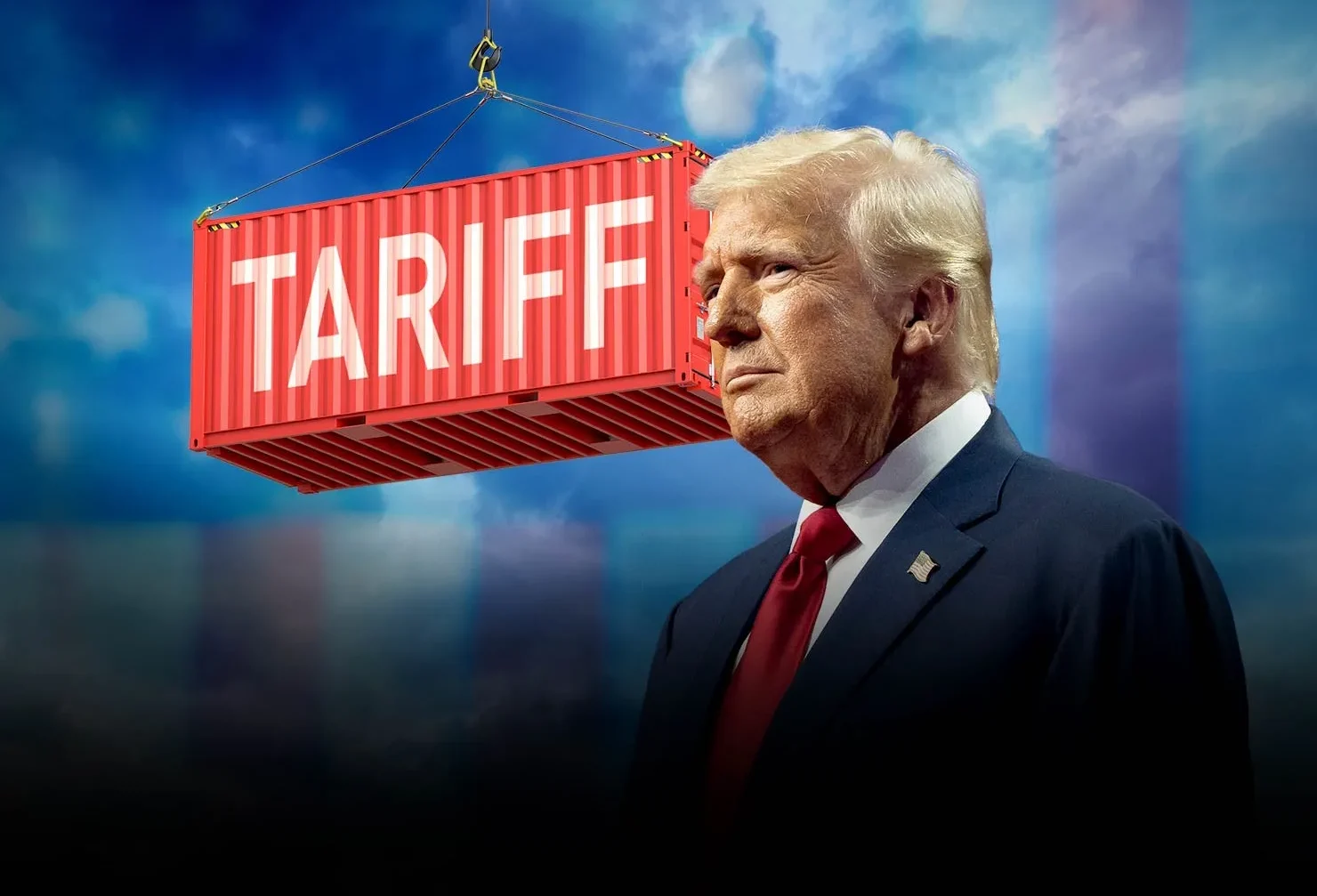
UN Urges Trump to Exempt Poorest Nations from Harsh Tariffs Amid Global Concerns
- Business
- April 14, 2025
- No Comment
UN Urges Trump to Exempt Poorest Nations from Harsh Tariffs Amid Global Concerns
By Safarti Tarjuman Business Desk
The United Nations Conference on Trade and Development (UNCTAD) has urged President Donald Trump to reconsider his administration’s sweeping “reciprocal” tariff policy and exempt the world’s poorest and most vulnerable countries from increased trade levies.
In a report released Monday, UNCTAD warned that new U.S. tariffs—set to rise significantly for 28 developing nations—could inflict serious economic damage without yielding meaningful benefits to American industries or trade balance.
Targeted Nations Contribute Less Than 0.1% to U.S. Trade Deficit
Countries like Laos (48%), Myanmar (45%), and Mauritius (40%) are among those facing steep tariff increases, despite contributing less than 0.1% to the U.S. trade deficit, according to UNCTAD. These nations are economically fragile, with limited export volumes and minimal impact on U.S. manufacturing competitiveness.
“The 90-day pause in tariff implementation presents a critical opportunity to re-evaluate how these small economies are treated,” UNCTAD stated. “Imposing high tariffs on these nations risks doing harm while offering almost no trade advantage to the U.S.”
Economic Fallout Likely for Least Developed Countries
Many of the targeted nations are part of the Least Developed Countries (LDCs) group, some of which are still recovering from recent natural disasters, such as Myanmar’s earthquake, or ongoing economic instability. The UN agency emphasized that penalizing them with tariffs ranging from 10% to nearly 50% could disrupt local economies, jeopardize livelihoods, and undermine global development goals.
For example:
- Malawi, set to face 18% tariffs, imported just $27 million in U.S. goods last year.
- Mozambique, facing a 16% tariff rate, imported $150 million.
- Cambodia, on track for a 49% tariff, imported $322 million.
Minimal Revenue, Maximum Disruption
UNCTAD’s analysis revealed that the combined tariff revenue from 36 of these smaller nations would likely contribute less than 1% of total U.S. tariff revenue—making the policy more symbolic than strategic.
In addition, many of these countries export agricultural commodities, such as:
- $800 million worth of cocoa from Ivory Coast
- $200 million of cocoa from Ghana
The report warned that such imports are essential and not easily replaceable by U.S. producers, meaning the tariffs could simply lead to higher prices for American consumers without any manufacturing gains.
African Growth and Opportunity Act at Risk
Several affected countries had previously benefited from the African Growth and Opportunity Act (AGOA)—a U.S. policy established in 2000 to grant tariff-free access to U.S. markets for sub-Saharan African nations. Trump’s new tariffs effectively dismantle that framework, potentially reversing two decades of economic cooperation and development.
Uncertainty Fuels Global Market Instability
Financial markets across emerging economies have responded with uncertainty and concern, as Trump’s administration continues to revise and revisit major trade decisions. Over the weekend, Trump appeared to reverse earlier exemptions for high-tech goods like laptops, stating on his platform Truth Social that “no one is getting off the hook.” He also signaled a national security investigation into the entire electronics supply chain.
“Developing nations are not the problem,” said an UNCTAD spokesperson. “Targeting them with harsh tariffs risks undoing years of progress and punishes economies least equipped to cope.”




